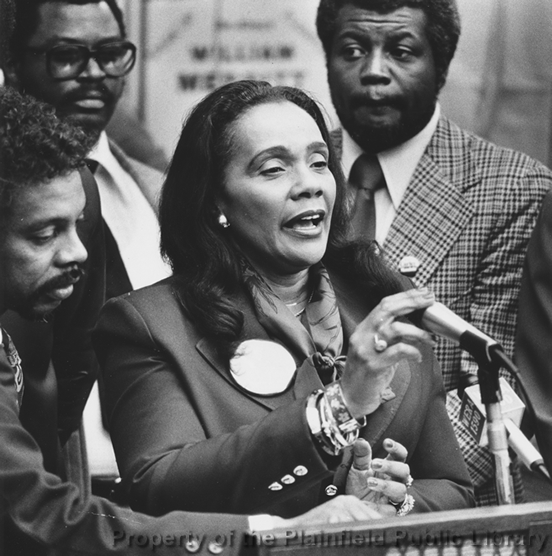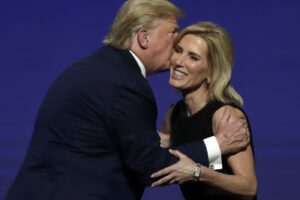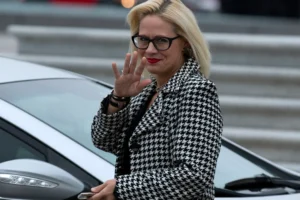
I have been knocking around the house today wondering what a white man in his 60s can say about Dr. Martin Luther King Jr., that is fresh and worthy of a giant.
I’ve decided it’s best if my mother helps me tell it.
My mother was a liberal and she was always prepared to tell you about that.
When the word “liberal” was somehow painted in a dark light by the white men who controlled the opposition party in the 60s and 70s, her green eyes would flash hurt and fury, and out of her mouth came this: “When the hell did being a liberal become a bad thing??? It’s a good thing! I’m PROUD to be a liberal, dammit! Being a liberal is a good thing in this house. The only thing.”
There was no backdown in her, not one bit. She was a tall, strong woman who’d been through a lot, but always got right back up when life knocked her down.
All men and women were created equal in those fiery, green eyes, and if you weren’t buying that, she didn’t care, because she wasn’t wasting time selling undeniable truth to people who bet on hate.
Truth is truth.
I remember my mother’s green eyes the morning after Dr. King was killed. I was a sandy-haired, brown-eyed lad grabbing for a lunch bag. I knew of King. My mother’s watery eyes told me I could never know enough about this great man.
A part of my mom died that morning with Dr. King. The hurt was too deep. The loss too enormous.
A few days later, we pulled ourselves together to march for this man.
This was Plainfield, New Jersey in 1968. We were one of those predominately black cities that was in the eye of the civil rights storm. There were fires and riots and school closings and lots of hurt, anger and despair.
It was a dangerous place, only because too many people in my city felt like they had nothing to lose except for their dignity.
You come after a person’s dignity, you better bring more than just fire hoses …
But today we would march. All of us.
A King had died.
We met at the Crescent Avenue Presbyterian Church. Hundreds and hundreds of people showed.
We held hands. We started walking.
Together.
We sang:
“We shall overcome; We shall overcome …
We shall overcome … someday;
Deep in my heart, I do believe …
we shall over come someday.”
We sang loudly, from our hearts and to the heavens.
That song … that moment … lives inside me.
So you ask what Dr. King meant to me and my mom?
Everything.
(D. Earl Stephens is a published author and finished up a 30-year career in journalism as the Managing Editor of Stars and Stripes.)
NOTE: The photo above shows Coretta Scott King, widow of Reverend Dr. Martin Luther King, Jr. She returned to Plainfield in 1980 to urge us Plainfielders to reelect Jimmy Carter at a rally in front of the Democratic headquarters on Front Street. Mrs. King said, “If we’re going to have a government that’s all inclusive – blacks, Hispanics – then all people must be involved.”
In addition to human rights issues, she stressed the importance of Voting Rights and the Equal Rights Amendment. She also noted that President Carter has, “not done all the things he may have wanted or we wanted, but it takes time to change policy.”
-With thanks to the Plainfield Public Library



